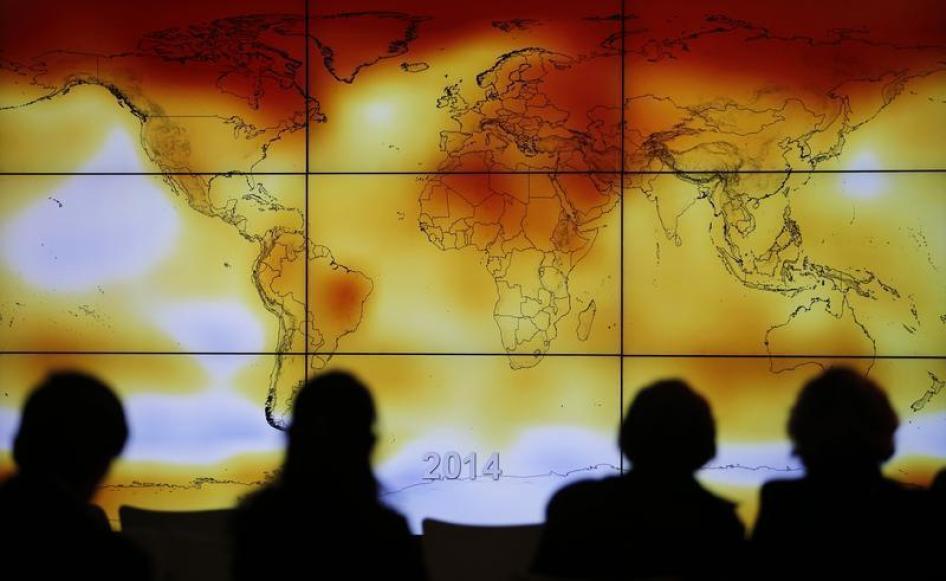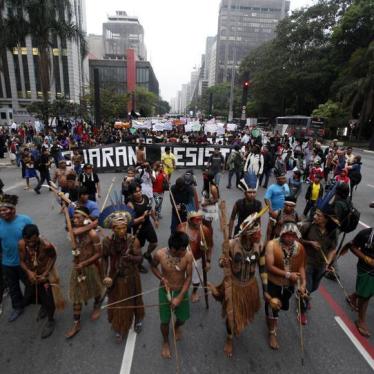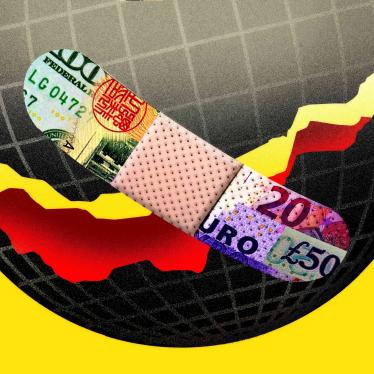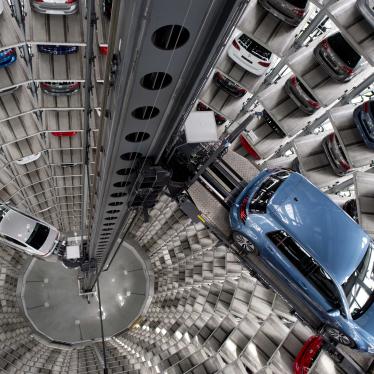When governments from 195 countries adopted a new global agreement on climate change last Saturday, the South African government was the first one to congratulate the French officials who hosted the meeting. They quoted Nelson Mandela: “I have walked that long road to freedom…”
The reference to the words of the iconic South African civil rights leader and president was an important reminder for governments that the ultimate goal of this agreement is not only to save the glaciers, but to protect the most vulnerable people who are and will be most affected by the effects of climate change. A global response to climate change is urgently needed because continued warming will threaten the health and result in loss of homes, lives, and livelihoods for those most marginalized.
For the first time in history, a global agreement on climate change explicitly addresses some of these concerns. In its preamble, the new climate pact acknowledges “that climate change is a common concern of humankind” and that parties should “respect, promote and consider” human rights – the right to health and the rights of indigenous peoples, as well as “migrants, children, persons with disabilities and people in vulnerable situations.” The agreement also cites the need to recognize “gender equality, empowerment of women and intergenerational equity,” a just transition of the workforce, the protection of natural ecosystems, and food security in climate-related actions.
All parties that negotiated the global climate deal are already parties to more than one core human rights treaty and bear binding legal obligations to respect, fulfill, and protect the rights of their people, including those most at risk. However, reiterating the importance of human rights in the response to climate change marks a shift in the understanding of climate change and the way that it needs to be confronted.
Even though the climate talks were held at the birthplace of the Universal Declaration of Human Rights, the integration of human rights into the agreement had been under fire during negotiations. Only a strong push from civil society organizations and a group of governments in support of the language saved the reference to human rights at least in the agreement’s preamble.
This is a good first step. But it’s only a first step. As governments implement the agreement, and as funds are distributed to help countries adapt to climate change and put mitigation measures in place, efforts need to be made to ensure that marginalized populations participate in planning, that rights are respected, and that there is transparency and accountability in how funding is used.
Environmental activists have always played a critical watchdog role in protecting the environment and ensuring enforcement of regulations that governments have enacted. With climate change, that watchdog role will come from the same coalition of actors that ensured this language was included: trade unions, women’s and children’s rights groups, environmental activists, indigenous peoples, and human rights organizations, working together to maximize their ability to promote shared goals. Nelson Mandela’s words can guide them way forward: “But I can only rest for a moment, for with freedom come responsibilities, and I dare not linger, for my long walk [has] not ended.”









